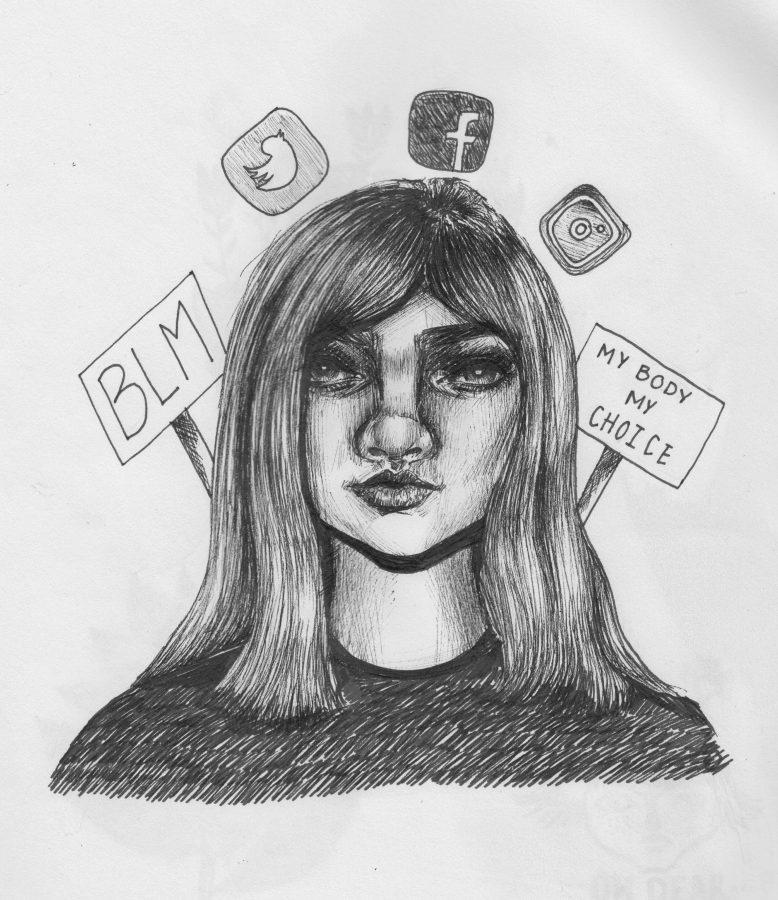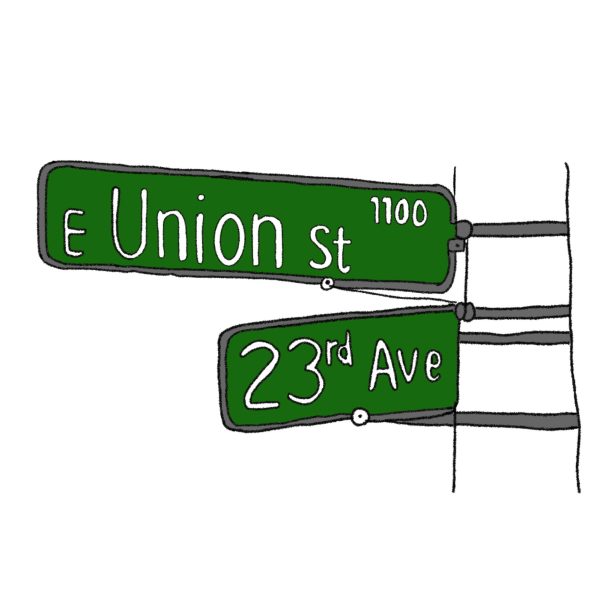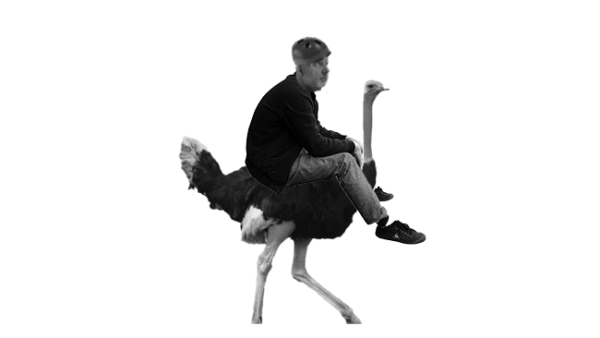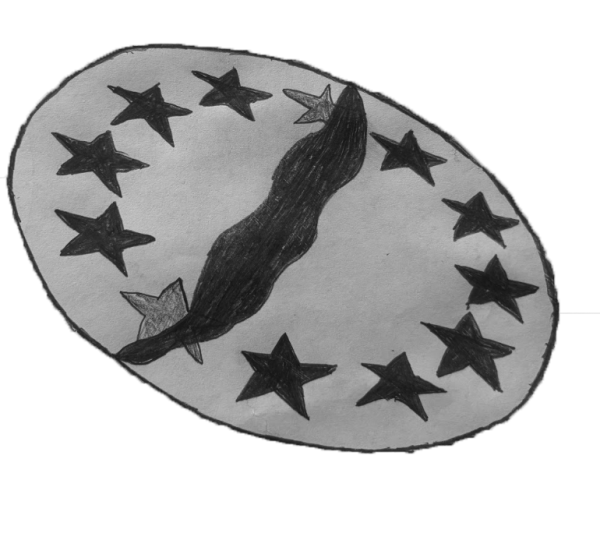A Citizen’s Duty
How to be an activist.
In our current political climate, it’s easy to feel like the country is turning upside down and that the gap between Americans is wider than ever. In response to many of the actions of the current administration, people are taking to the streets.
The day after Inauguration Day, more than four million people marched in cities around the world, breaking records for biggest single-day protests in history. More recently, people crowded the streets and airports to protest the ban on people from seven predominantly Muslim nations. These events have captured national headlines. And there are more stirring. In a time like this, it is more important than ever to remember the freedoms, obligations, and voluntary abilities each person holds as a citizen of this country.
Despite the frequent shaming of protests by certain critics, the truth is, it is not only legal to disagree with legislation and executive actions, but important to resist when these become harmful to the social and political health of our country – and even the world. In the words of the American Civil Liberties Union, “Dissent is Patriotic.”
But what exactly does dissent mean? Dissent is opposition to current and popularly held political or social beliefs. Despite criticism from those in power, it is patriotic to express one’s point of view. Protest is one of the many ways to get involved.
In an interview with Glamour magazine, co-chair of the Women’s March, Linda Sarsour, emphasized the importance of action.
“I’ve been telling people to do three things that I think are really important. Number one, we can’t protect each other if we don’t know each other. Do you know who your next-door neighbor is?” said Sarsour. “Number two, donate… And number three, know who your elected officials are. Our members of the House and the Senate are our direct lines to the government. Find out who they are and call them.”
Jacquelien van Stekelenburg, Professor of Social Change and Conflict at the University of Amsterdam, and one of the world’s experts on protest and the psychology behind it, explained that connecting protest to tangible change is difficult.
“[Determining] the outcomes of protest is a tricky area,” said Van Stekelenburg in a telephone interview. “You will never know whether things do or do not change because of a demonstration.”
We can look at the immediate impact of a protest and ask whether it affected a specific decision, or we can look at the longer term effect. For example, the Occupy Movement, which confronted vast economic and social inequalities through protests around the world, shifted the global conversation about inequity. William Gamson, a professor at Boston College, tracked news coverage before and after the movement and saw a significant increase in the use of the word “inequality.”
With millions moved to act, the obvious question on many minds is whether all these crowds with signs make any difference. Fabio Rojas, a professor of Sociology with a focus on social movements at the University of Indiana, said concrete goals were critical to the success of the Civil Rights Movement.
“The civil rights movement came up with a concrete set of strategies that imposed a cost on the other side,” he said. “In any situation with a protest, the protestors are more likely to win if they have a concrete goal, a clear strategy that connects their actions to concrete outcome, and if they have the willingness to pursue it.”
The introduction of social media has evolved activism, providing a completely new platform for dissent. Now, someone can be “political” without leaving the house. Still, being active on Twitter isn’t enough. Focused actions are necessary for large scale change. In an interview with New York Magazine, DeRay Mckesson, a civil rights activist who uses his vast social media platform as a forum for education and organization, said protest is instinctive.
“For so many of us, protest — the act of confronting and disrupting systems whose impact is oppression — is a way of life,” said Mckesson. “You don’t learn to protest; protest is the response to the experience of injustice,” said McKesson. You learn to sustain protest, to build coalitions, to think creatively about tactics.”
It is too easy to fall into complacency when it comes to social and political issues. Yet it is crucial to listen to our internal voices – to pay attention to injustice and oppression, and stand up to it – wherever it appears. Rather than simply getting angry, we can, contribute to positive change through protest, donations to local, national, or global organizations, and calls to politicians. It’s our duty to use the power of our voice. Resist, resist, resist.
Art by Ariel Cook







